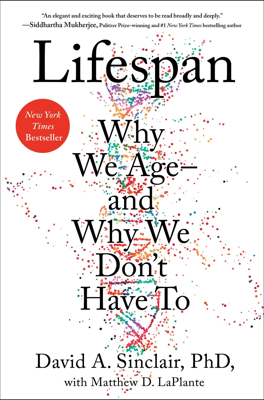The Age of Innovation
Precision Medicine and Genomic Revolution
Dr. Mark Boguski emphasizes the urgent need for modern medicine to embrace precision medicine, which utilizes genomics and new technology to provide highly personalized care. This approach contrasts sharply with traditional methods, which are often based on guesswork or outdated practices. Through DNA sequencing and AI, medicine is now capable of identifying and treating diseases at a molecular level, paving the way for custom treatments. This transformation suggests a potential shift from population-based to individual-centric medical practices, promising significant advancements in treating previously stagnant prognosis conditions like cancer.
Genomic and Health Monitoring Technologies
The significant reduction in DNA sequencing costs, combined with advancements in personal technology such as wearable devices, is creating a paradigm shift in health monitoring and medical intervention. This new era enables individuals to receive very detailed, ongoing observations of their health, leading to early and more accurate diagnosis of conditions and allowing prevention or intervention long before traditional symptoms emerge.
Challenges and Promise of Rapid Disease Detection
Rapid-evolving technologies can detect diseases such as cancer more effectively by analyzing patterns in blood samples, using machine learning to interpret subtle signals undetectable by current methods. However, the full integration of these advanced systems into everyday medical practice lags due to a range of factors from bureaucratic inertia to inadequate training of medical professionals in new genomic technologies.
Personal Health Monitoring Propelling Global Health Security
Personal health-monitoring technologies can potentially revolutionize how pandemics are managed and prevented. By tracking various biomarkers, these technologies can identify potential outbreaks before they reach critical levels, providing an opportunity to contain infectious diseases more effectively. Real-time biometric data may serve as the new frontline in pandemic preparedness, leveraging broad participation for more precise and proactive public health responses.
Ethical, Privacy, and Logistical Considerations
As personal data collection increases in depth and scope, significant ethical, privacy, and logistical challenges follow. Who holds and manages this data, and how it is protected, will be critical issues to address. The benefits of these innovations depend largely on public trust and the effective balancing of health advantages against potential risks of data exposure and misuse.
The Future of Medical Interventions
Emerging medical technologies like AI-guided diagnostics, gene therapies, and potentially life-extending treatments herald a new age of medicine. These innovations are propelling humanity towards a future where treatment is swift, precise, and increasingly less reliant on traditional interventions like surgery. The realization of these technologies promises not only extended lifespans but also significantly improved quality of life.
The Broad Impact on Society
The advances in technology and genomics are anticipated to broadly impact societal norms around aging, health, and medicine. As life expectancy potentially increases, societal structures, healthcare systems, and individual expectations will need to adapt, creating challenges that are as much social and ethical as they are medical.
This comprehensive dive into the future of health and medicine emphasizes an approaching era where technology transforms the frontiers of healthcare, offering remarkable tools for disease prevention, management, and personalized care. The intersection of technology, biology, and patient data is not only redefining how we treat diseases but also reshaping our understanding of health and longevity.
